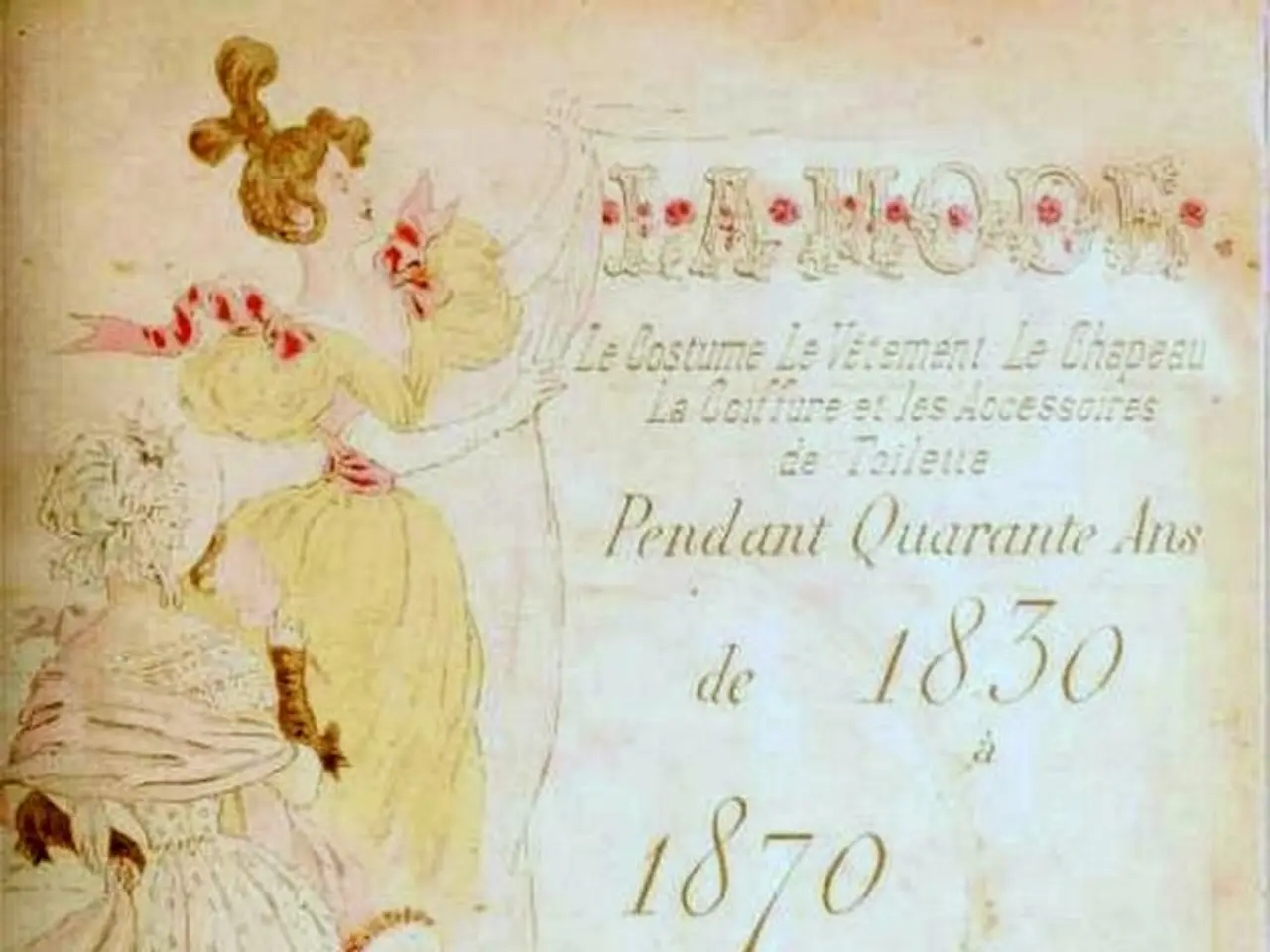Women's increasing withdrawal from social integration in Neukölln is a cause for concern, according to the local integration officer.
In the vibrant and diverse district of Neukölln, Berlin, a concerning trend has emerged - a growing culturally and religiously conditioned gender separation. Güner Balci, the Integration Officer for Neukölln, has highlighted this issue as significant, attributing its origins to the influx of Palestinian families from Lebanon in the 1980s [1].
Balci believes that these families brought a very patriarchal culture to Neukölln, which has had a strong influence on life in the district. In some communities, conservative interpretations of gender roles emphasize stricter separation of men and women, often reinforced by religious practices or cultural traditions [1].
This separation can be seen in the daily lives of residents. In some environments, girls are almost invisible, only visible when taking younger siblings to kindergarten or shopping with their mothers [1]. This segregation impacts women's freedom of movement and participation in public life, limiting their access to social, economic, and educational opportunities within Neukölln.
The impact on women in Neukölln includes reduced visibility and participation in community life, which can contribute to social exclusion and affect their integration prospects [1]. Balci has expressed concern over the increasing marginalization of women in Neukölln, indicating a rise in gender separation rooted in cultural and religious norms prevalent in certain communities living there [1].
Balci's concerns are not new. She has long been an advocate for women's rights and has previously spoken about Neukölln's history of domestic violence and hardship for single mothers [2]. Balci also knows of imams who offer marriage counseling for 14-year-old girls and find it acceptable for a man to take a second wife [1].
Since 2020, Balci has been the Integration Officer for Neukölln, a role that allows her to address these issues directly. She asserts that boys from Neukölln have gained influence over everything in the neighbourhood, with some becoming big players in organized crime [1]. Balci claims that many of the approximately 30 mosques in Neukölln today are oriented towards reactionary interpretations [1].
Balci, who works as a writer, journalist, and filmmaker, recently published a book titled "Heimatland" on August 1, 2021 [3]. Her book offers insights into the challenges faced by women in Neukölln and her efforts to combat gender segregation and promote integration.
In summary, the growing culturally and religiously conditioned gender separation in Neukölln is driven by the influence of some immigrant communities' traditional gender norms, leading to increased social pushback against women’s public presence and participation, which negatively impacts their inclusion and opportunities in the district [1]. Balci's work as the Integration Officer and her advocacy for women's rights offer a glimmer of hope for change in Neukölln.
[1] Der Spiegel interview, 2021 [2] Interview with Deutsche Welle, 2018 [3] Berlin Verlag, 2021
Science and health-and-wellness are areas overlooked in the concerns about gender segregation in Neukölln, Berlin, as they are not explicitly addressed in Balci's advocacy work or her book "Heimatland." However, the impact of this segregation on women's health and wellness, including mental health, can be significant, considering the social exclusion and marginalization women face due to gender separation. Women's health, particularly women's reproductive health and access to healthcare services, is an essential aspect of womens-health in Neukölln that warrants attention and research.




